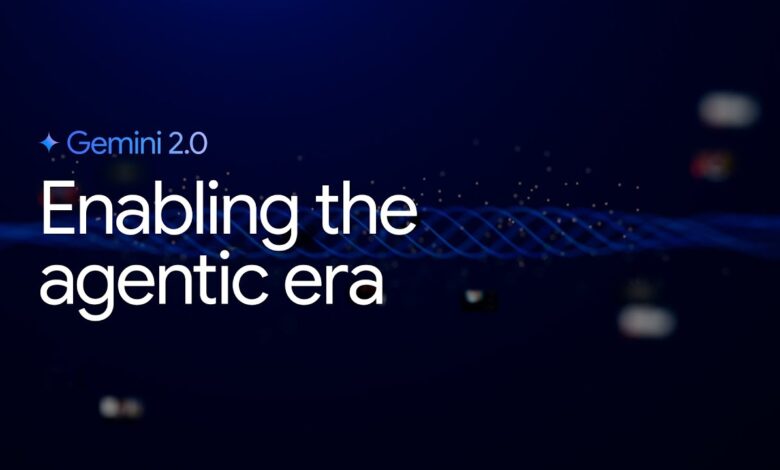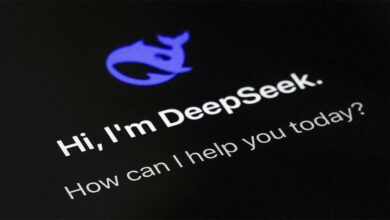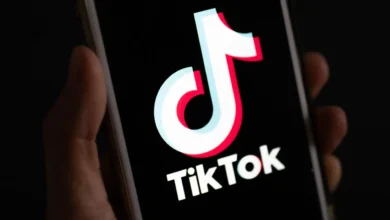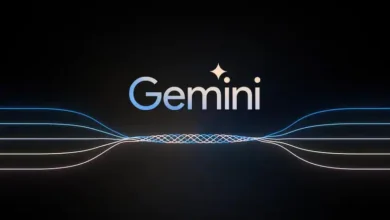
nexnews – Google has officially unveiled Gemini 2.0 Flash, a new AI model designed to rival OpenAI’s capabilities. This next-generation AI takes a leap forward by offering the ability to generate not only text but also images and audio, along with enhanced integration with third-party applications and services.
Unlike its predecessor, Gemini 1.5 Flash, which was limited to text generation, the 2.0 Flash model is significantly more versatile. It can access Google Search, execute code, and interact with external APIs—features that were previously unavailable. According to TechCrunch, the beta version of 2.0 Flash is now available through the Gemini API, Google’s AI development platforms, AI Studio, and Vertex AI. However, the audio and image generation capabilities are currently accessible only to “early partners” and are set for broader release in January 2024.
Google plans to integrate Gemini 2.0 Flash into a wide range of products in the coming months, including Android Studio, Chrome DevTools, Firebase, and Gemini Code Assist. The company highlights that this model is not only faster but also better equipped for tasks like coding, image analysis, and natural conversation handling.
According to Tulsi Doshi, Google’s Head of Product for the Gemini model, developers favor the Flash series for its balance of speed and performance. Doshi stated, “Flash has always been popular, but now it’s even more powerful.” Internal tests indicate that Gemini 2.0 Flash is twice as fast as Gemini 1.5 Pro and offers superior capabilities in mathematics and realism, making it the flagship model for AI-powered applications.
Audio generation is one of the standout features of Gemini 2.0 Flash. The model offers eight optimized voices tailored for different accents and languages, and it allows users to customize the tone, pace, and even personality of the output. Doshi added, “You can ask it to speak slower, faster, or even in a pirate’s voice.”
Despite its impressive claims, Google has not yet released samples of audio or image outputs, leaving room for speculation about the quality compared to other models. To ensure content authenticity, all media generated by 2.0 Flash will feature a watermark using Google’s SynthID technology, which marks AI-generated outputs in supported software and platforms.
In addition, Google is rolling out the Multimodal Live API, enabling developers to create real-time applications with audio and video inputs. This API supports complex tasks through tool integration and manages natural conversational patterns like pauses, comparable to OpenAI’s Realtime API.
The final version of Gemini 2.0 Flash is expected to launch in January 2024, alongside the broader availability of its innovative features. This marks another step forward in Google’s effort to establish itself as a leader in the AI ecosystem.





